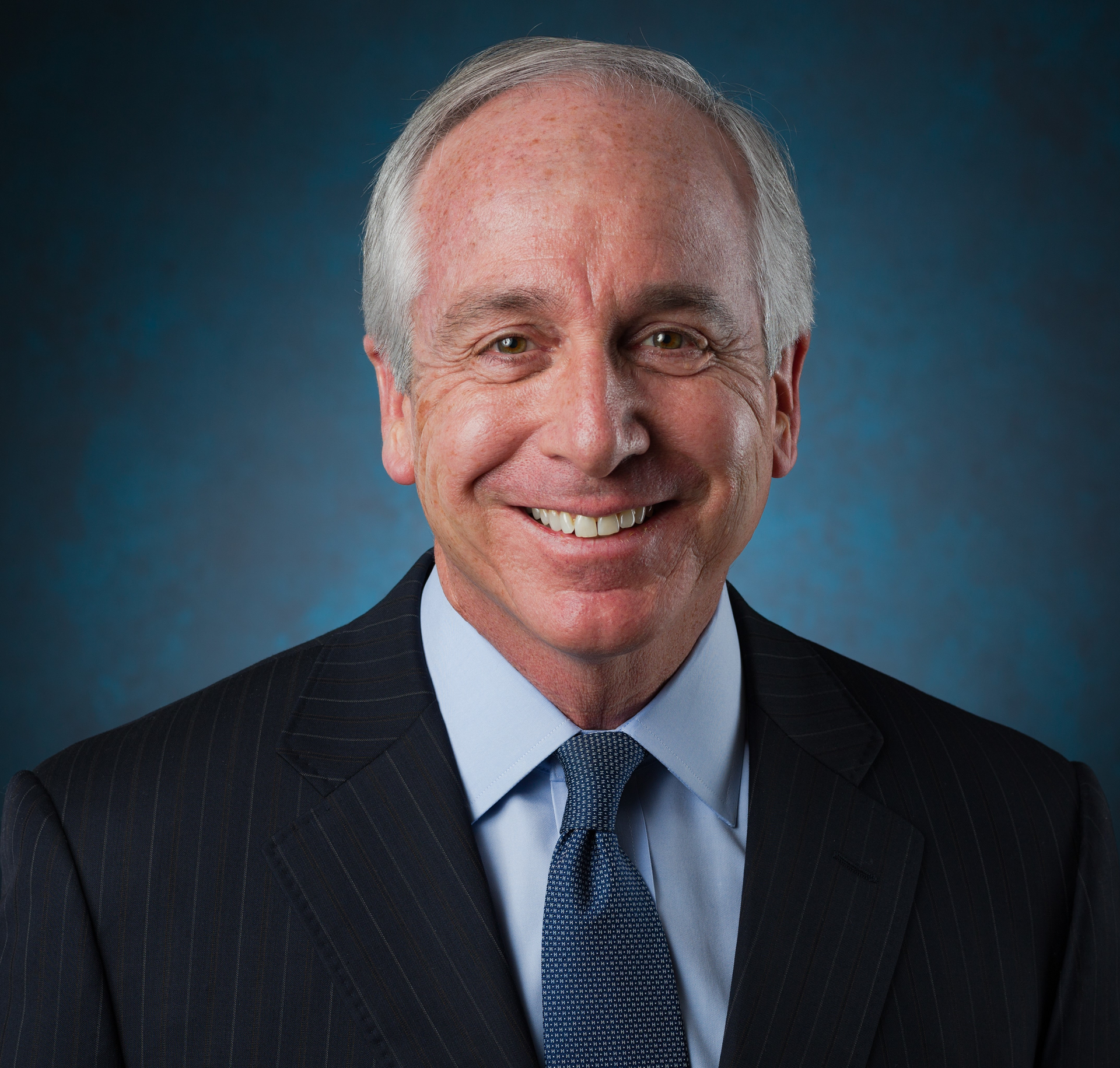With more job openings than people looking for work, talented accounting professionals are challenging to find. The overall national unemployment rate sits at just 3.5%, and it’s even lower, 2.0%, for accountants and auditors, according to the U.S. Bureau of Labor Statistics.
Savvy employers have taken notice and adjusted their hiring practices. In a Robert Half survey, 84% of human resources managers said their companies are open to hiring and training candidates who don’t meet all the skills requirements for a position.
To ensure success in an environment where available accounting talent is limited, managers must move away from the idea of a new hire having a perfect resume. Instead, focus on identifying promising candidates who you can develop and who fit your corporate culture. How can you spot potential top performers? Learn their hallmarks, as well as ways you can help them gain the abilities required to thrive at your firm.
Characteristics of promising hires
When looking outside the resume and the exact requirements in your job description, consider the following factors:
- Soft skills — While workers can usually be trained on an organization’s accounting processes, it’s often difficult to find applicants with the right soft skills for a position. Look for individuals with the nontechnical abilities needed for your vacancy, such as a collaborative mindset and strong communication skills. Gauge soft skills by asking behavioral interview questions, looking for examples of problem-solving and communication abilities on application materials, and speaking with references.
- Transferrable skills — A Robert Half Finance & Accounting survey (https://bit.ly/32dDSaw) found technology expertise is the hardest-to-find attribute in candidates for accounting and finance jobs. This difficulty frequently comes into play when businesses seek experience with specific systems. Keep an eye out for individuals proficient in cloud-based systems and reporting software. Even if their experience doesn’t match the platforms for your opening, it can help prepare new hires to learn the tools you and your clients use.
- Fit with your firm’s work environment — A match with your organizational culture often can be the difference in whether new hires succeed at your firm. Assess candidates via open- and closed-ended questions and nonverbal cues in interviews, as well as with reference checks, to see how well they’ll flourish at your firm.
How to develop needed skills
Once you’ve identified and hired promising candidates, it’s time to turn your attention to upskilling them. Fortunately, there are many training and professional development options you can rely on to bring your newest team members up to speed, including:
- Online training — This is one of the most flexible methods of professional development. Employees can access vendor-provided tutorials when they have downtime at work, for example, allowing them to enhance their skills with minimal impact to productivity.
- On-site workshops and brown-bag sessions — These modes of professional development allow you to maintain control of what the training emphasizes. In addition, they won’t cut into employees’ personal time, which helps your staff maintain healthy work-life balance.
- Mentorships and cross-training — Hands-on learners benefit from the ability to perform tasks with supervision. One approach is mentoring, in which trainees are guided through processes and decisions by more experienced staff members. Cross-training allows new hires to gain insight into the firm as a whole while learning how to perform different roles. This process can also help you determine how an employee’s strengths could best be used and potential career path
- Project work — An excellent way to train new hires without sacrificing productivity is to incorporate learning into their workloads. For example, if you want employees to develop proficiency with a specific software, assign them a project that involves pulling historical reports from that tool. Afterward, review the outcome to see what they’ve learned and answer any questions.
- Financial support — For staff members working toward obtaining certifications or advanced education, consider offering fee and tuition match or reimbursement, as well as a fixed amount of paid study time. Along with employee development, executives associate paying for professional certifications with improved productivity and retention, according to separate research from our company.
- Interim staff — In addition to supporting high-priority initiatives and addressing workload fluctuations, project professionals can help train full-time employees, including on technology, processes and compliance mandates. Consultants also can engage in knowledge-sharing with your team when they transition off an initiative.
To succeed with recruitment during the current talent shortage, hiring managers must be flexible. Think outside the box and be willing to train promising individuals, and you can cultivate a team that keeps your firm thriving for years to come.
===========
Paul McDonald is senior executive director at Robert Half, the world’s first and largest specialized staffing firm. He writes and speaks frequently on hiring, workplace and career-management topics. Over the course of 35 years in the recruiting field, McDonald has advised thousands of company leaders and job seekers on how to hire and get hired.
Thanks for reading CPA Practice Advisor!
Subscribe Already registered? Log In
Need more information? Read the FAQs




